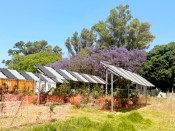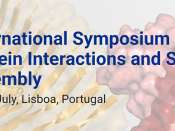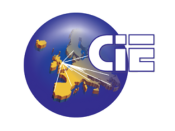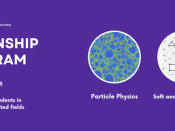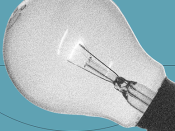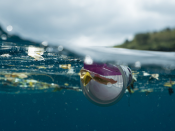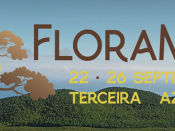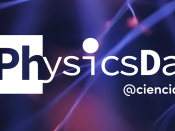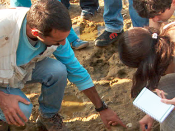Por Luc Duchateau (Ghent University, Belgium).
Abstract: Time to infection data are often spatially correlated. We investigate existing and develope new modelling techniques for such data.
A first case study comprises a large time to malaria database containing more than 2,000 children that were followed up for a malaria event for two years in the Gilgel Gibe region of Ethiopia (Delenasaw et al., 2013). The children are clustered in 16 villages. A major covariate of interest is the distance of the household of the child to the hydro-electric dam as the dam itself might be a risk factor providing rich breeding grounds for the Anopheles mosquito which transmits the malaria parasite Plasmodium. A typical feature of this dataset is that the distance covariate is strongly correlated with the clustering covariate, i.e., children that live in a village far away from the dam all live far away from the dam. We demonstrate that the conditional frailty model (Duchateau and Janssen, 2008) can lead to bizarre results. Furthermore, we demonstrate the equivalence between the frailty model and the mixed Poisson regression model when certain conditions are met (Getachew et al., 2013).
The second case study constitutes quadruples of correlated infection times, i.e., the four udder quarters of the cow. Each udder quarter is isolated from the other ones and might thus be infected with the other quarters healthy. Different correlation structures are used to describe the dependence between the four udder quarters, based both on correlated frailty models using the Stochastic Approximation MCMC technique in the EM framework to estimate the parameters (Kuhn et al., 2016), and also on extensions of the Archimedean copula models that are based on the marginal survival functions (Prenen et al., 2018).
The expectation that the correlation between front (rear) udder quarter infection times is larger than between a front and a rear udder quarter is confirmed by our models.





